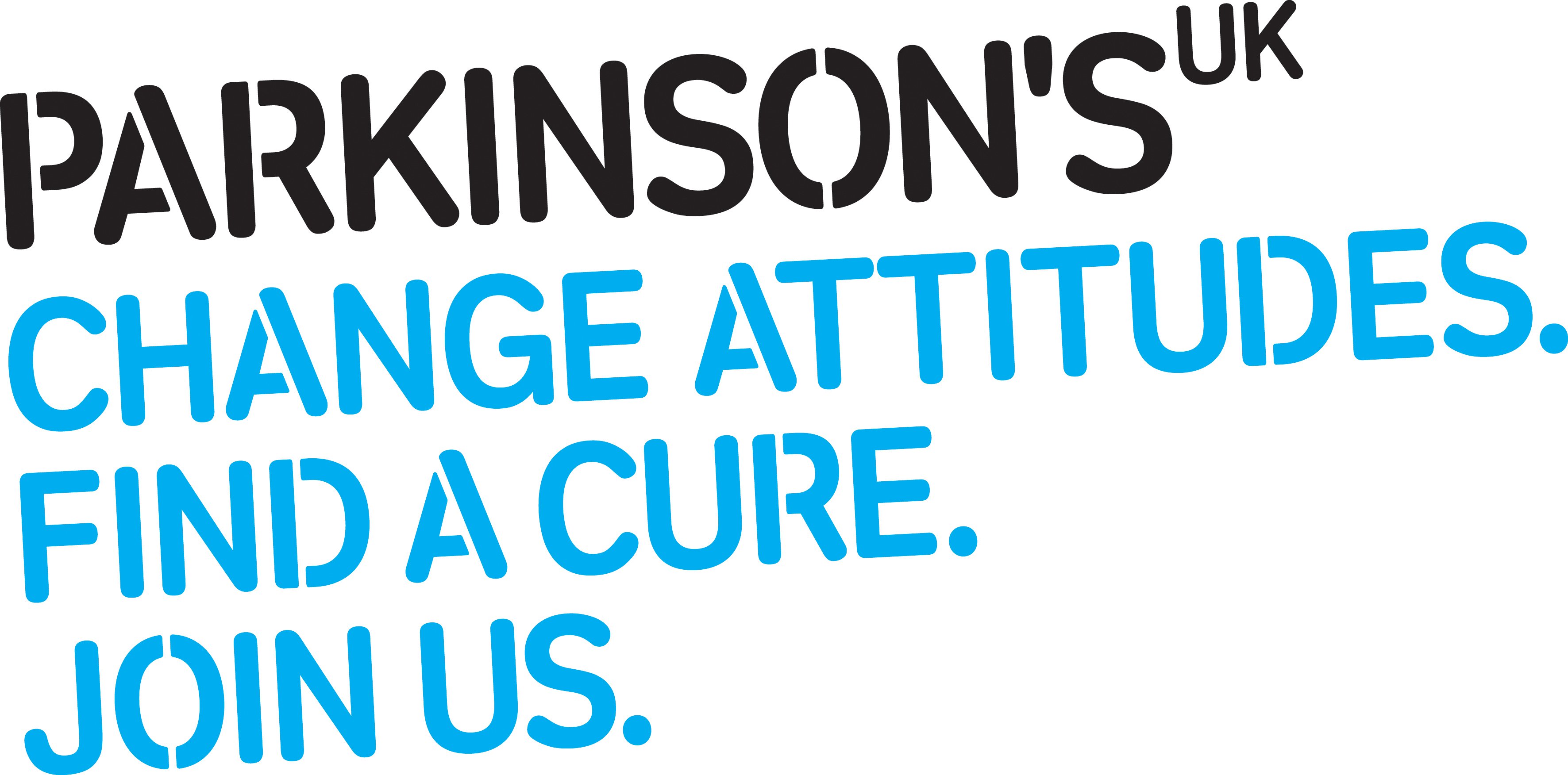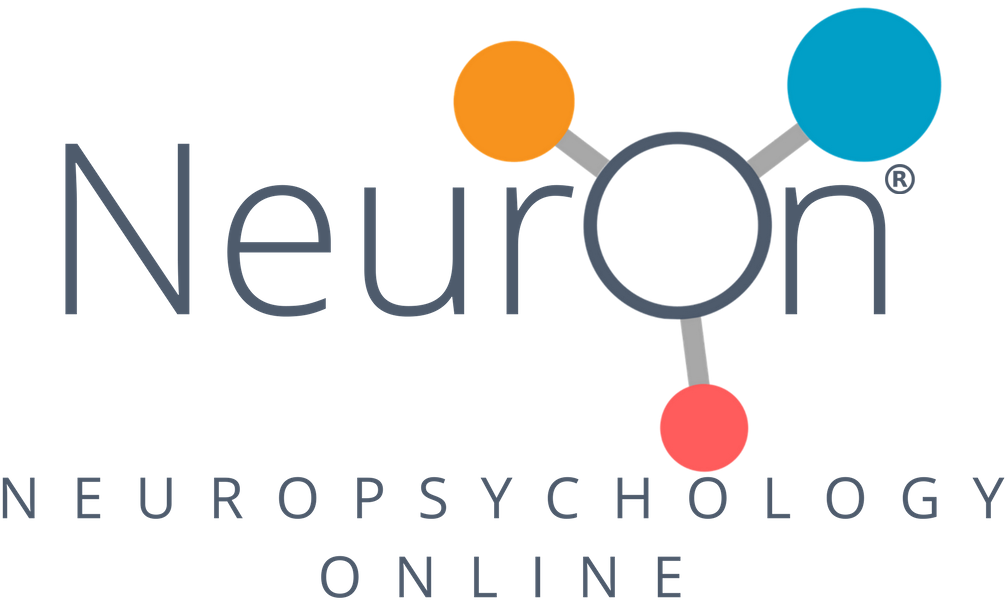Frequently asked questions
If you can’t find the answer to your question below, please contact a member of the study team rapsodi@ucl.ac.uk
What does RAPSODI stand for?
Remote assessment of Parkinsonism supporting ongoing development of interventions in Gaucher disease.
What is the purpose of the study?
The study aims to identify clues about Parkinson’s many years before any movement symptoms commonly associated with the condition appear. One reason we don’t have a cure for Parkinson’s is because the movement symptoms of the condition only appear once more than 50% of the nerve cells have already been lost. Ongoing research suggests that the nerve cells affected in Parkinson’s begin to be affected many years before symptoms appear but we don’t know enough yet about these early stages. If we could identify people at risk earlier – before the movement symptoms appear – we would be in the best possible position to slow, stop or even reverse Parkinson’s disease.
Our laboratory is in the process of developing a number of potential treatments to stop the early loss of these nerve cells within the brain and so prevent the disease developing. To test whether these treatments work will require many people in the earliest stages of developing Parkinson’s, who will be given the drug to test its effectiveness in a clinical trial. The end objective of the study is to provide information which will allow the identification of those carriers of the Gaucher gene with early signs of Parkinson’s, so when a potential drug to treat Parkinson’s associated with Gaucher disease become available, we are able to test its effectiveness in this group.
Why have I been invited?
You have been invited to the study because you may already know you carry the GBA gene, which could mean you have Gaucher disease or you may be a family member related to somebody with Gaucher disease and are a carrier. You may have Parkinson’s disease and know you carry the GBA gene or you may have Parkinson’s and want to be involved to help build the larger group profiles we need for this study data.
Will the study predict my risk of Parkinson’s?
Ordinarily people involved in this pilot study will not discover their individual risk score. This is one of the first studies of its kind. So whilst our tests suggest some people may have an increased risk, at this stage we cannot be certain the scores have any meaning. We need large groups of people willing to take part so that we can begin to look at patterns of data in this GBA community.
The only exception to this will be if a viable potential treatment for Gaucher associated Parkinson’s disease needs to be tested and you are deemed to be at risk. In which case we will reveal your risk score in order that you can make an informed decision about whether you want to take part in a clinical trial to test whether the drug works.
What is Parkinson’s disease?
Parkinson’s disease is a neurological disease. One person in every 500 has Parkinson’s disease. That's about 120,000 people in the UK. Most people who get Parkinson’s disease are aged 50 or over but younger people can get it too, but this is rare. People with Parkinson’s disease don't have enough of a chemical called dopamine in their brains, because some of the nerve cells that produce it have been lost. Without dopamine people can find that their movements become slower so it takes longer to do things.
The loss of nerve cells in the brain causes the symptoms of Parkinson’s disease to appear, which include tremor, rigidity and slowness of movement. There is currently no cure for Parkinson’s disease; however, there are effective drugs to control many of the symptoms. As a result many people with Parkinson’s disease live comfortable and productive lives, and are able to continue working. Click here for more information about Parkinson’s
What is Gaucher disease?
Gaucher disease is a genetically inherited, enzyme deficiency disorder. People with Gaucher disease lack sufficient activity levels of an enzyme called glucocerebrosidase. This enzyme helps the body break down worn-out cells and as a result, a fatty substance called glucocerebroside accumulates in the spleen, liver, bone marrow and sometimes in the nervous system. Symptoms range from mild to severe and can appear at any time, from infancy to old age.
They may include anaemia, fatigue, easy bruising and a tendency to bleed. Enlargement of the spleen and liver may also occur as well as bone pain, demineralisation and fractures. Effective treatments are available for some manifestations of the disease; however there are currently no treatments available for the damage which Gaucher disease causes to the brain and for some of the other forms of Gaucher disease. For more information visit the Gaucher Association’s website.
What is the link between Gaucher disease and Parkinson’s?
In the 1990s doctors noticed that a larger number of family members of patients with Gaucher disease were developing Parkinson’s disease than would normally be expected. These family members were found to be carriers of the Gaucher gene. Research has established that both those affected by Gaucher disease (carrying two copies of the affected gene) and those who possess one copy of this affected gene have a 5- 30% chance of developing Parkinson’s disease by the age of 80.
2-10% of patients with Parkinson’s disease within the general population carry a copy of the Gaucher gene and this figure is even higher amongst certain groups such as the Ashkenazi Jewish community. This makes carrying the Gaucher disease gene the most significant genetic risk factor for Parkinson’s disease, across the whole population. At present there is no effective treatment for Parkinson’s disease caused by the Gaucher gene. The aims of this research is to discover more about the disease course so in the future we can give effective treatments for it as early as possible.
How is Parkinson’s diagnosed?
At present, the diagnosis of Parkinson’s disease is made clinically. This means that the doctor examines the person and takes a detailed history of their symptoms. Sometimes brain scans are used for uncertain cases but there is currently no conclusive test for Parkinson’s disease.
The early signs of Parkinson’s disease may include problems with movement like tremor, stiffness, slowness of movement, difficulties with handwriting and loss of facial expression and memory problems. Other symptoms, not related to movement, can also be present like loss of sense of smell, depression, constipation and sleep problems.
Who can take part?
We are looking for people who have one or two copies of the Gaucher gene or those who are first degree family members (parents, siblings and children) and spouses of people who have one or two copies of the Gaucher gene.
Those under the age of 18 cannot participate; however, we may invite the relatives of carriers of the Gaucher gene who are younger than 18 to enrol on the basis that they may also be carriers of the Gaucher gene. Some people with Parkinson’s who know they carry the GBA gene will be eligible to take part.
If I take part what do I have to do?
We will ask you to read the Participant information sheet that you can download here:
- Participant information sheet People with Gaucher
- Participant information sheet Relatives of People with Gaucher
- Participant information sheet People with Parkinson’s
We will then ask you to sign the consent form which appears online once you have registered, that you can download here(Consent form version 1.3). We will ask you some general information about your name, age, gender, education and medical history. Once a year we will ask you to log in to our internet portal and complete an assessment. This will take 45 minutes to an hour and will involve answering a number of questions and carrying out some interactive tests which will assess your response times and memory. We will ask for permission to access your medical records to discover whether you have been previously tested for the Gaucher gene and if so what the result was.
The first time you take these assessments we’ll ask you to send us a saliva sample by post. This will be used to carry out genetic testing for the Gaucher disease gene (if you have not already had this done) and another gene known to increase the risk of developing Parkinson’s disease called LRRK2, which we know is more common in communities where Gaucher disease is common.
Each year we will contact you by email and ask you to repeat the online assessment part of the study and every two years we will ask you to complete a booklet testing your sense of smell. This will be sent through the post with a return stamped address envelope. If we have contacted you directly to ask you to enroll in the study you will have received a token by e-mail. Simply log in to our portal using that token and follow the instructions. If you would like to be considered but have not been contacted by the research team please get in touch here and you will be contacted by a member of the research team.
Do I have to take part?
No. There is no obligation to take part in the study, and the decision to participate rests entirely with you. You also have the right to withdraw from the study at any point, and are not obliged to provide a reason.
How long will I be involved in the study?
We envisage the study will last over several years. Although you will not be under any commitment to remain in the study for the whole duration, we hope you will be able to make yourself available for mostly online assessments (typically 45 minutes to an hour) every year.
This is because the primary value of the data we collect will be that it shows how these symptoms or patterns may evolve over time.
Will I discover if I have the GBA gene or any other genes?
The first time you take part in Rapsodi after you have completed the online part of the study, we will send you a saliva kit in the post which we will ask you to complete and return your saliva sample to us. This saliva sample will be used to carry out genetic testing for the GBA gene and another gene known to increase the risk of developing Parkinson’s disease called LRRK2, which we know is found more often in communities where Gaucher disease is more common. Knowing the results of this test will be up to you. We will ask you upon enrolment in the study whether you would like to be given the result of a genetic test for the GBA gene or the LRRK2 gene, if you do not already know your status. You should think carefully about this decision. Those who carry one copy of the GBA gene have a 50% chance of passing it on to their children. If your partner also possesses one copy of the Gaucher gene (1% risk of the general population and 4% of the Ashkenazi Jewish community) there is 25% chance that your child may develop Gaucher disease, which in many cases is a treatable condition.
There is also a 5-30% risk of developing Parkinson’s disease associated with carrying one or two copies of the gene. Carriers of the gene may have siblings and parents who are also carriers, therefore the decision may have an impact not just on you but on others in your family. Again upon enrolment we will ask you whether you would like to know your LRRK2 status. You should think carefully about this decision. Those who possess the LRRK2 gene have a 70% risk of developing Parkinson’s disease by the age of 80. Carriers of the gene have a 50% chance of passing it on to their children. Carriers of the gene may also have siblings and parents who are carriers, therefore the decision may have an impact not just on you but on others in the family. If you would like to discuss any of this we are available to talk to you about this in more detail. Read for more information about patterns of inheritance.
Can I talk to somebody?
Yes, you can contact a member of the study team by emailing rapsodi@ucl.ac.uk and leaving your phone number and we will get back to you.
Alternatively, you can call a member of the team on 02080168177 and provide the extension number 31588 when prompted to do so. We will be available to answer calls between 10am and 5pm, Monday to Friday.
Will my family be contacted?
When you join the study we will ask you some questions about your medical history and your family. Once you have completed this, we will call you and also ask if you think any other members of your family may wish to take part. We will only make contact with your family through an initial introduction from you.
Do my family need to be involved?
We are interested in people who carry the GBA gene, so if you have Gaucher disease then you may already know that some other members of your family carry the GBA gene. This is why we want to invite other family members to take part in the study.
What are the benefits and risks of taking part?
By taking part in this study you will be helping us find ways of diagnosing Gaucher associated Parkinson disease at the earliest possible stage. This could potentially pave the way to better treatments and a cure. Should, as we envisage, a viable therapeutic intervention to prevent Gaucher associated Parkinson disease becomes available in the coming years, recruitment for any clinical trial of it is likely to be drawn from participants of the RAPSODI study. As a study participant you may be eligible for selection in any such trial. We are unable to offer any financial remuneration for taking part in the study. There are no major anticipated risks in being part of this study.
The information we collect will not be personally identifiable and will be entirely confidential. If we ask you to donate blood there is a risk of bruising at the puncture site. Those who undertake a lumbar puncture are at risk of headache as well as infection and bruising at the entry site. If we ask you to undertake a lumbar puncture these risks will be discussed in more detail at the time: you will be under no obligation to have this procedure and it will not affect your ability to participate in the rest of the study.
What will happen if I don’t want to continue?
You can withdraw at any time and for any reason from the study.
How will I hear news about the study?
We will post regular information updates on the study portal and also send you 6 monthly newsletters about the progress of the study. We are also developing a specific GBA Parkinson’s website that will have information about research news and developments.
Is my information kept secure?
We ensure that all personal data is treated with utmost sensitivity and security and the study is designed to make this a key priority. All information and data we collect from you is stored safely and confidentially and complies with the Data Protection Act 1988. Your data is kept anonymous by separating your name and personal details from the data collection.
We do this by allocating codes to each participant and encrypting all data collection with the same technology used in international banking. Only a very small number of people from within the study team who have been approved and vetted will have access to the encrypted data. The data collection will only be used for the purposes of the study.
How will I hear news about the study?
We will post regular information updates on the study portal and also send you 6 monthly newsletters about the progress of the study. We are also developing a specific GBA Parkinson’s website that will have information about research news and developments.
The next stages of research will be to introduce and test targeted medications in clinical trials. The end objective of the study is to provide information which will allow the identification of those carriers of the Gaucher gene with early signs of Parkinson disease, so when a potential drug to treat Parkinson disease associated with Gaucher disease becomes available, we are able to test its effectiveness on this group.
How will my data and information be used?
Rapsodi is a study designed to identify the very earliest stages of Parkinson’s associated with the Gaucher GBA gene. Our laboratory is in the process of developing a number of potential treatments to stop the early loss of these nerve cells within the brain and so prevent the disease developing. To test whether these treatments work will require looking at the data from many people who carry the GBA gene and to assess whether there are any emerging patterns that could predict some early changes.
Will I be contacted for other samples? And if so what sort of samples might these be?
On the basis of the data we collect, we may ask some participants to provide samples of urine, blood or in a few cases cerebrospinal fluid. We will not ask you to do this any more frequently than once every two years. Some samples like urine and pin prick samples of blood can be collected by yourself in your own home. Others, like some blood tests will be taken by a nurse, doctor or research associate, either within your home or at our research sites at the Royal Free or your local hospital. If we ask and you agree to donate cerebrospinal fluid this will be collected by a doctor at the Royal Free or another hospital. You do not have to give any of these samples, it is your choice and it will not affect your ability to participate in the rest of the study.
Participants may also be invited to donate biological samples to the study in the form of saliva, blood and urine. Increasingly we are recognising that there are chemicals contained in blood and urine that may further define an individual’s risk of future Parkinson disease.
Taking a blood sample may cause mild pain and carries a small risk of bleeding, bruising, or infection (in less than 1% of people). Members of the research team will collect blood samples. Approximately 30ml of blood will be taken (30ml is equivalent to 2 tablespoons). We may ask participants, by pricking their finger, to collect a very small amount of blood themselves and deposit it on a card. Participants will collect their own urine. 30ml (two tablespoons) of urine will be collected.
Saliva will also be used to carry out genetic studies assessing Parkinson disease risk. All samples will be labelled with a unique number so as to not identify the participant. Samples will be transported to the laboratories of University College London for storage and analysis. Additional tests may be requested from external companies and institutions if required. You will continue to have access to the general results of the study, including analyses of samples and data, when the analyses are reported in the medical literature. We will keep you informed of publications arising from the research.
What if I have a problem?
If you have any concerns about any aspect of the study you can contact the research team rapsodi@ucl.ac.uk or if you have a complaint then National Health Service or UCL complaints mechanisms are available to you.
For independent advice and information you can contact the Royal Free Patient Advice and Liaison Service (PALS): phone: 0207 472 6446 or email: rfpals@nhs.net.
What if I have forgotten my token?
If you have lost your token or if it is not working contact us at rapsodi@ucl.ac.uk
Who has reviewed the study?
The study has been reviewed and approved by an independent ethics committee at Queens Square, London on 16th July 2015 (reference number 15/LO/155) and fulfils all legal requirements.
How have patients and the public been involved in the study?
The study is supported by the Gaucher Association who we are working with to ensure the study is participant friendly and easy to join and that all information regarding the study and its progress is disseminated on a regular basis to participants and interested parties.
The study portal has been trialled and tested by people who carry the GBA gene and also the Parkinson’s UK participants research network to ensure it is user friendly and has been appropriately written and developed to be appropriate and for the maximum accessibility for people taking part.
My question hasn’t been answered here
You can contact a member of the study team rapsodi@ucl.ac.uk











